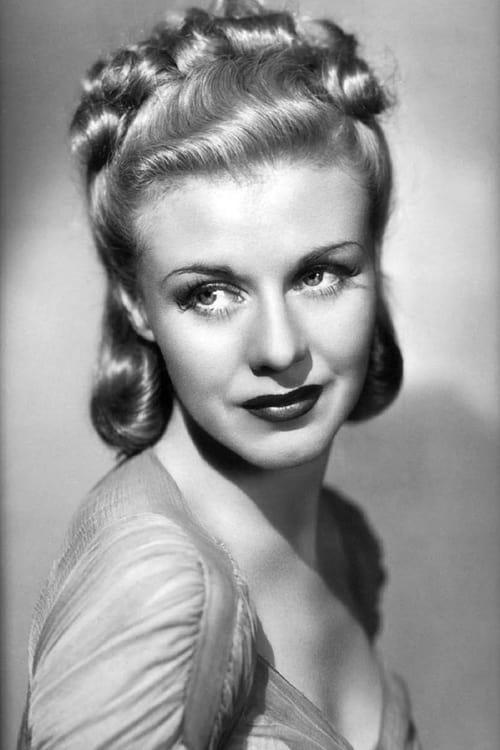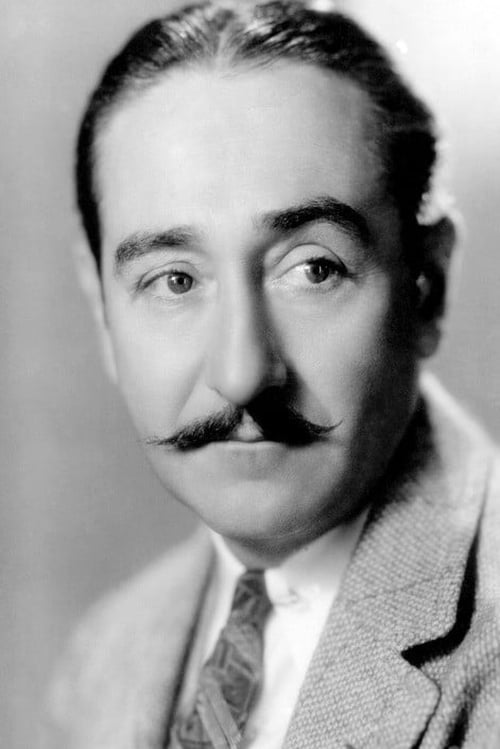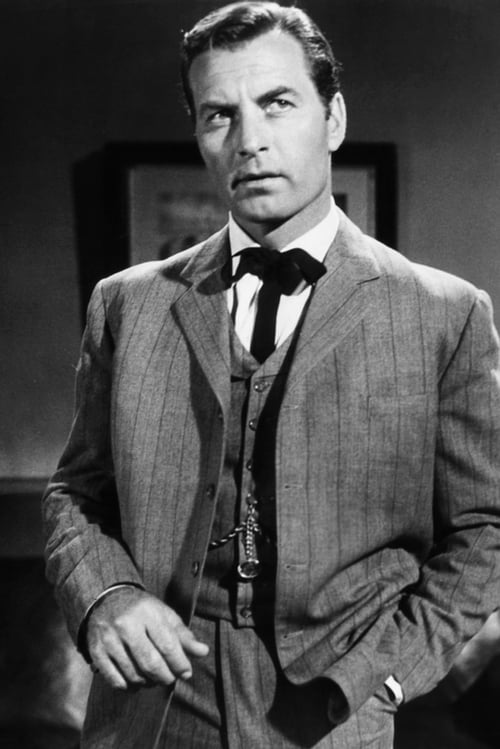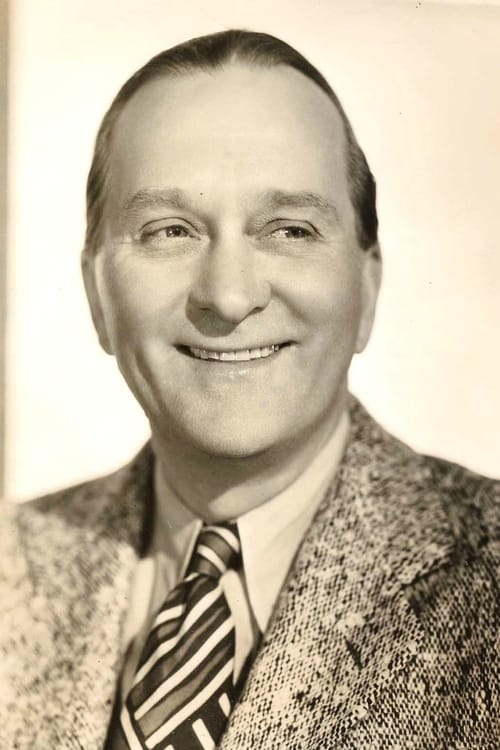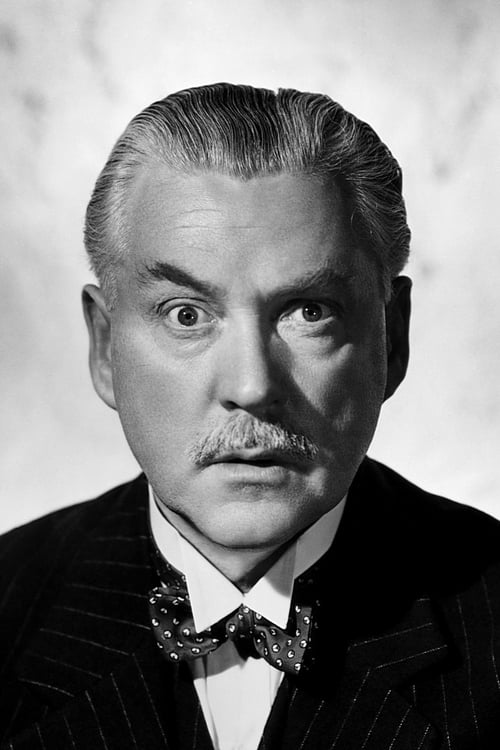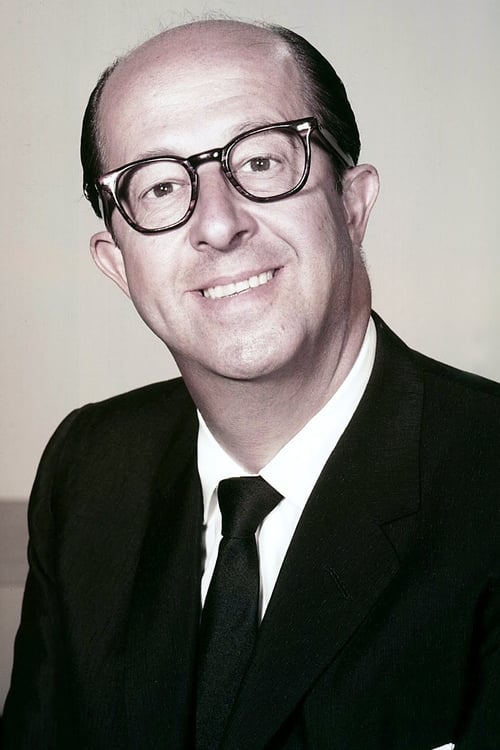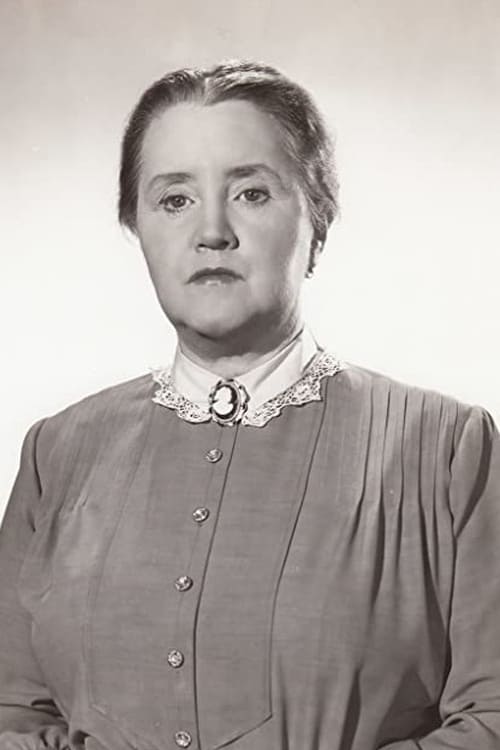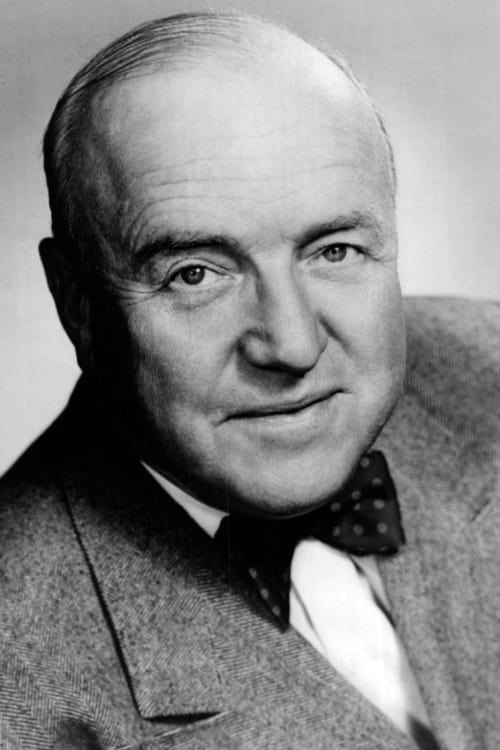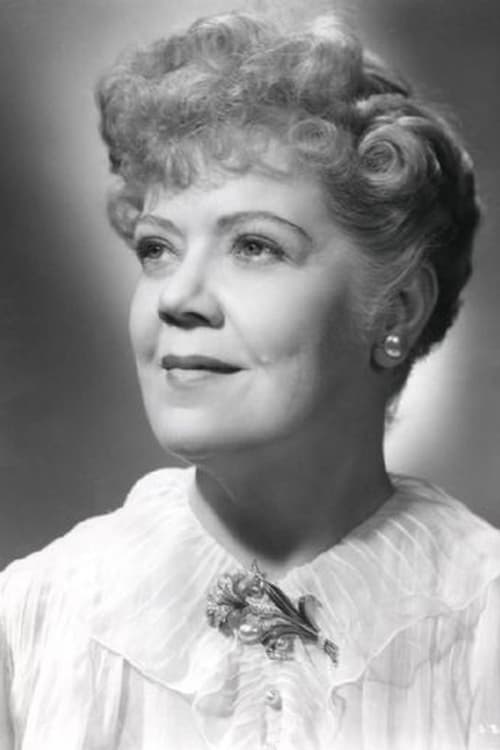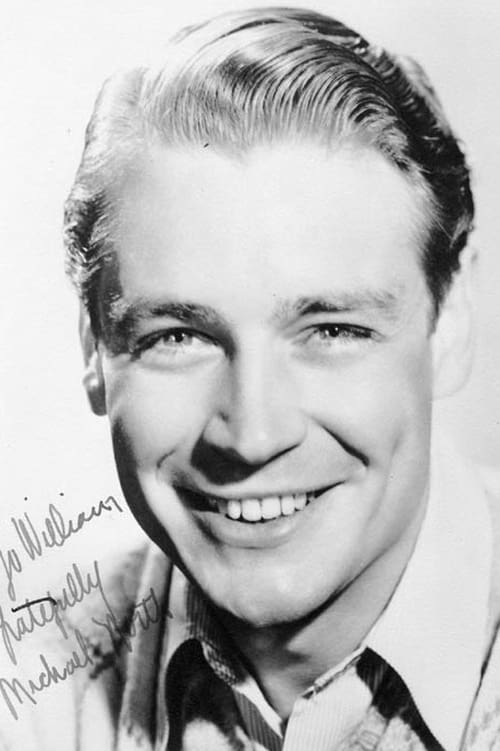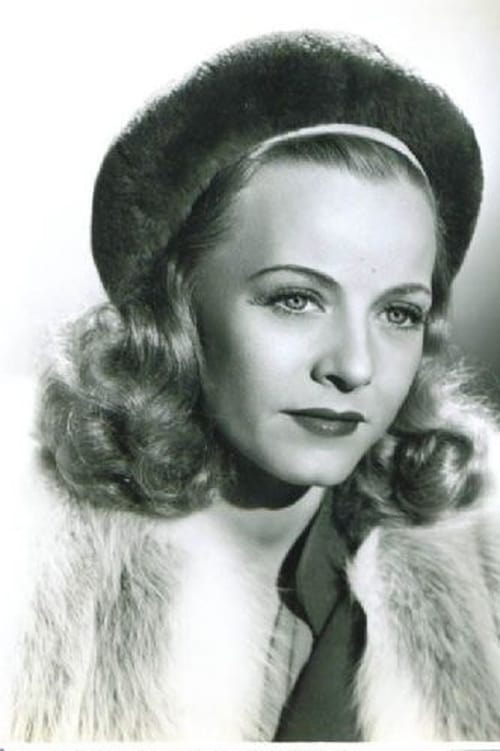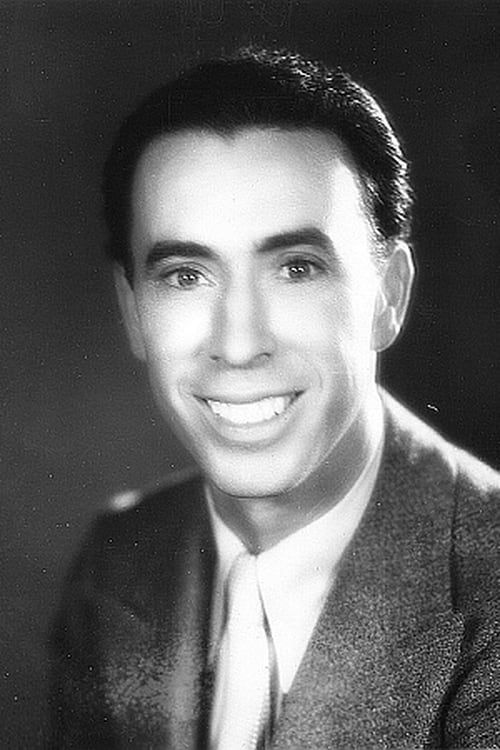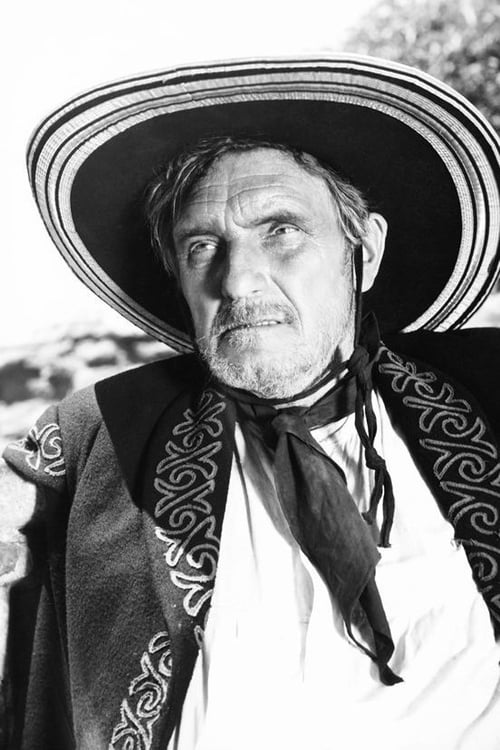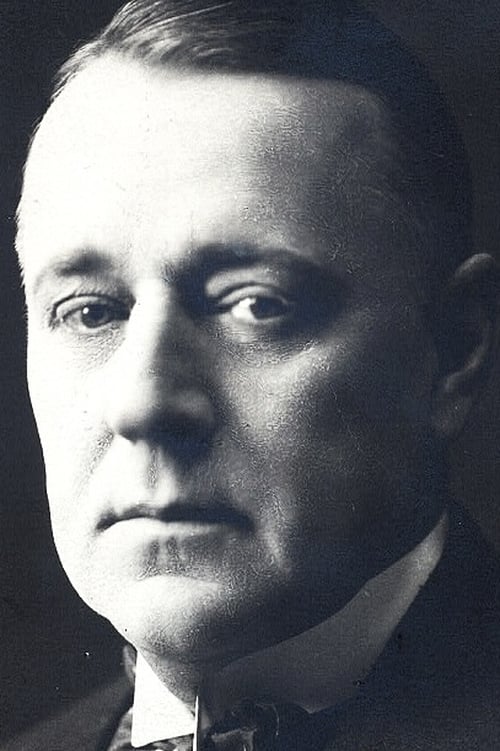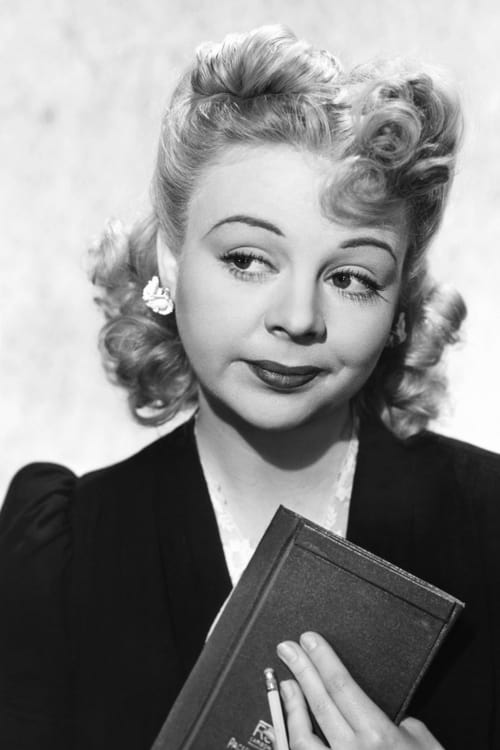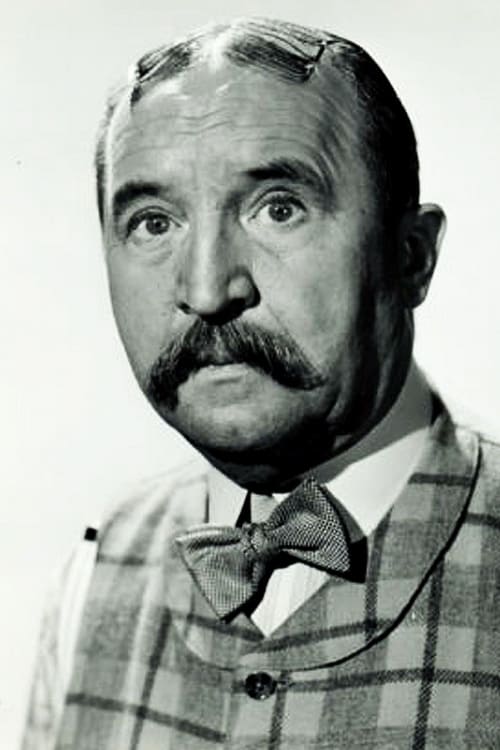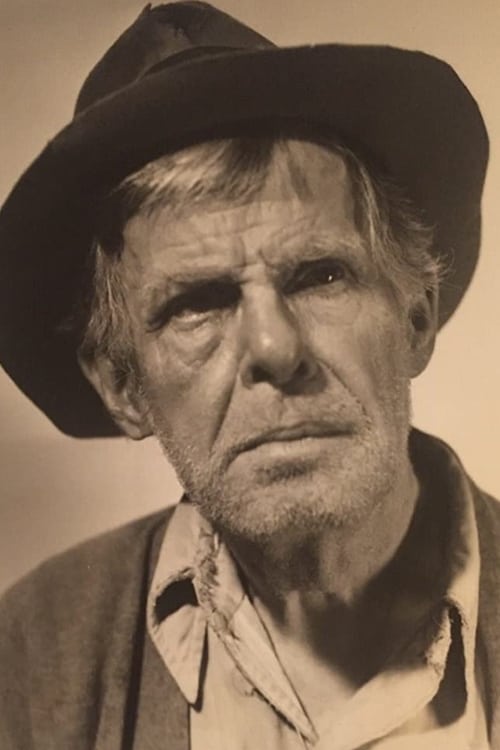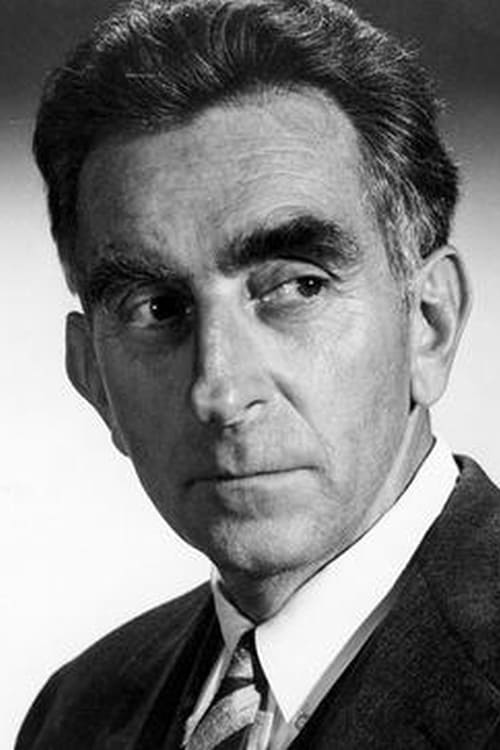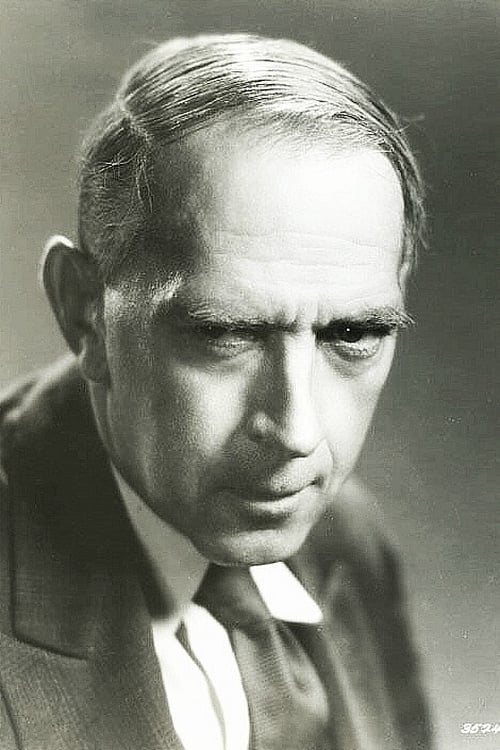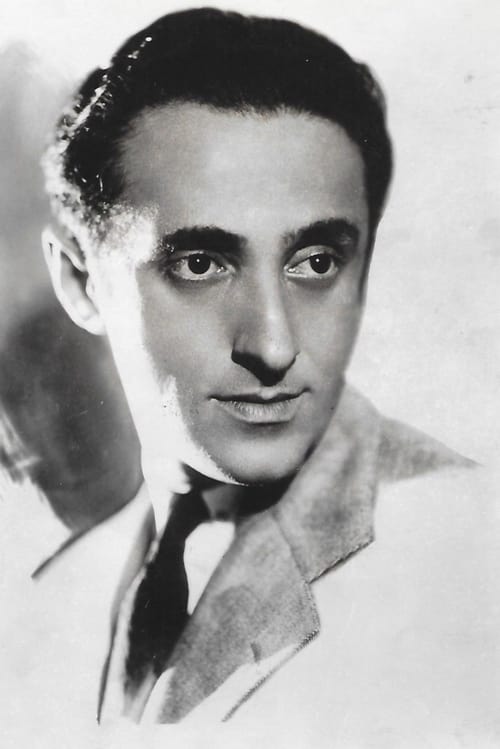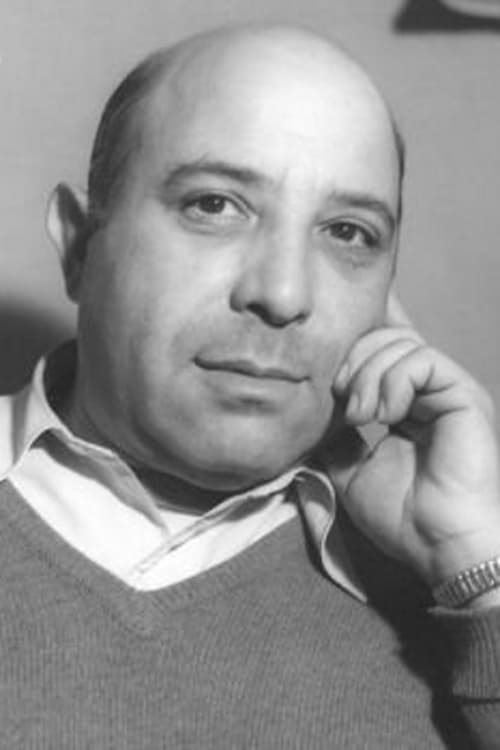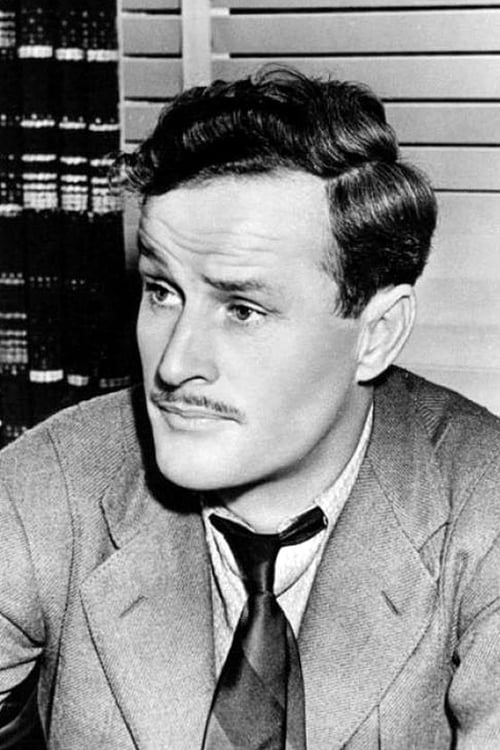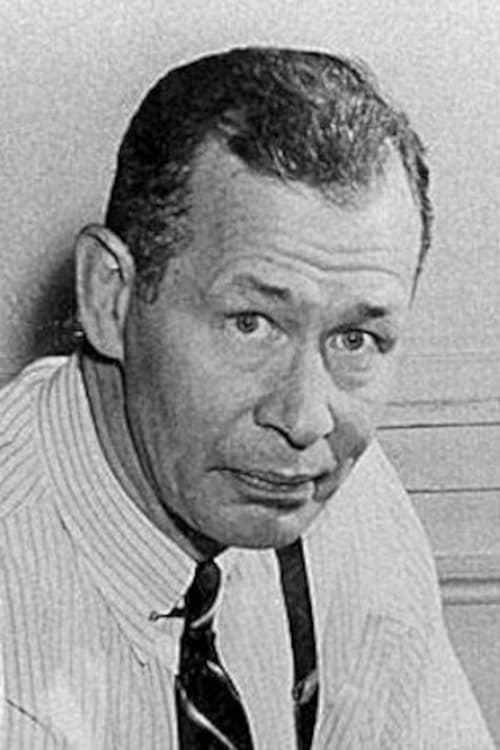Roxie Hart (1942)
The gal who became a national pastime!
Genre : Comedy, Romance
Runtime : 1H 12M
Director : William A. Wellman
Writer : Nunnally Johnson
Synopsis
A café in Chicago, 1942. On a rainy night, veteran reporter Homer Howard tells an increasing audience the story of Roxie Hart and the crime she was judged for in 1927.

You Weren't There: a History of Chicago Punk 1977-1984 is a documentary that looks back on the impact that the Punk movement had on the Windy City. Though overlooked in the annals of Rock history (compared to media centric LA, NYC and London), Chicago served as an important early supporter of the Punk movement in America. "You Weren't There" talks to the DJ's, musicians, promoters, artists and fans who were pivotal in creating the Chicago Punk scene. It also showcases classic archival footage of great Chicago bands such as, Effigies, Naked Raygun, Strike Under, Articles of Faith, as well as lesser known greats like Silver Abuse, DA, The Subverts, Savage Beliefs, Negative Element, Rights of the Accused and many, many more.
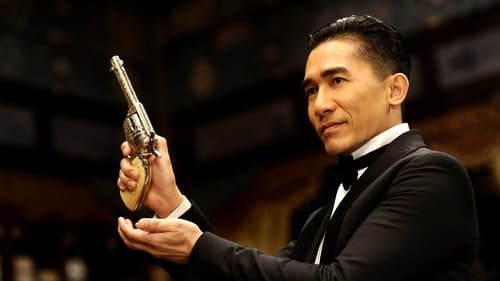
In the years after the Revolution, China broken up into fiefdoms held by warlords, who are busy fighting each other. One warlord has imprisoned a girl and wants her to be his seventh wife, but he's too honorable to force her. The local revolutionaries wants to kill him and bring back the republic. But when a stranger returns from abroad with mastery of magic to recover the girl he loved, who is tricking whom and who will win at the end?
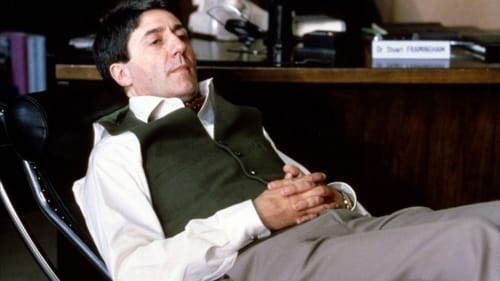
Manhattanites Bruce and Prudence are each looking for a meaningful romantic relationship and have been encouraged by their psychiatrists to find someone through the personal ads. Their first meeting is disastrous, but they begin to hit it off during their second date. However, Bruce's bisexual, live-in lover does not want to share Bruce and is willing to do whatever it takes to keep him to himself.
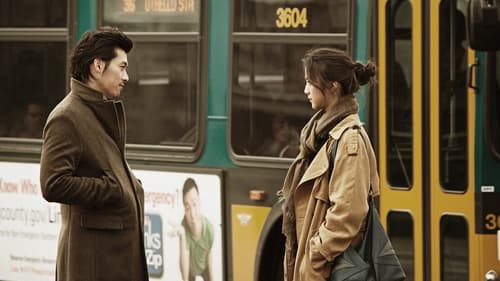
Anna learns in prison that her mother has passed away in Seattle. Prison officials grants Anna a three day furlough to attend her mother's funeral. Anna embarks on a long trip to Seattle. Hoon is a Korean immigrant who works as a gigolo. Hoon is now on the run from a wealthy client's furious husband. These two seemingly lost souls are about to share three memorable days together.
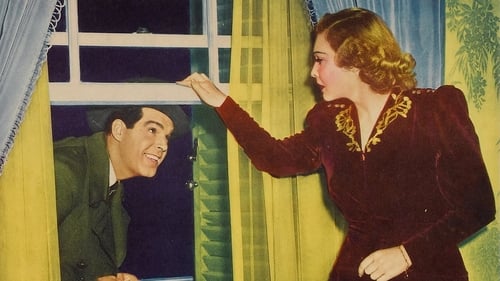
Saucy screwball comedy wherein lovely Madeleine falls in love with flier Fred despite interference from her fiancee and his ex.

Niskavuori's Aarne (Arne från Niskavuori) is a Finnish drama film from 1954. It is based on Hella Wuolijoki's play Niskavuori's Bread. In chronological order of the Niskavuori series, the film is the fourth. Aarne has married Ilona and left the house in Niskavuori, which he hosts, where his former wife Martta still lives, while the old mistress is holding the reins. Aarne and Ilona live in Helsinki, but Aarne has not been able to completely break away from Niskavuori, but keeps secretly in touch with the headmaster and gives instructions on the farm management.
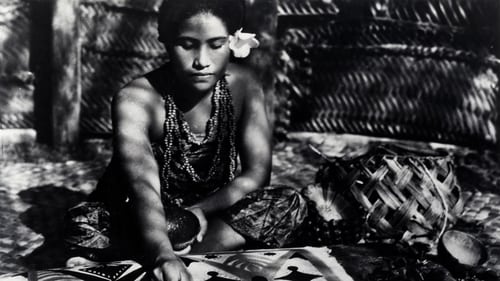
Robert J. Flaherty's South Seas follow-up to Nanook of the North is a Gauguin idyll moved by "pride of beauty... pride of strength."

When Juliet, of noble Capulet birth, falls madly in love with Romeo, a zombie, the streets of fair Verona explode in an ancient feud. As the star crossed lovers struggle to overcome the prejudice toward their unholy union, Juliet's best friend Mercutio fights to win her heart back from Romeo's rotting grasp. As this timeless tragedy unfolds into a fresh new comedy, Mercutio finds that he may have to choose between Juliet's happiness and his own life.

The last black-and-white film in the Niskavuori series of movies.
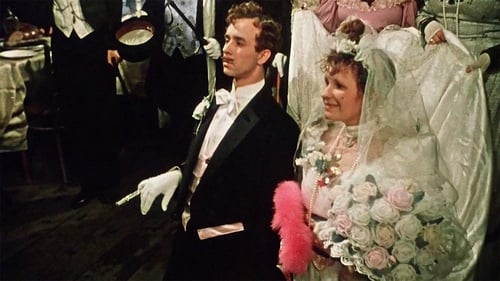
Based on the Ukrainian vaudeville by Mykhaylo Staritsky, the famous Ukrainian writer. The leading character, Svirid Petrovich Golokhvosty had his own barbershop in town and a reputation of a dandy. Once, after losing everything he had at cards, he decided to remedy his financial situation by a profitable marriage. A rich but ugly girl named Pronya Sirko fell for the illustrious suitor’s courtship...

A World War I deserter competes in the first long-distance motorcycle race.

Two peasant children are taken by a fairy one night to a different world where they can see what lies behind ordinary household things, animals, and feelings. 1970's animation feature "The Blue Bird" is the only film, directed by cult Soviet actor Vasiliy Livanov. Based on a piece by Maurice Maeterlinck, this movie combines different techniques - from classic drawn animation, to cut-outs and stop-motion, creating a unique cinematic experience.
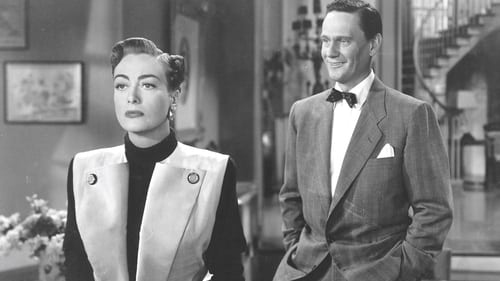
A perfectionist woman's devotion to her home drives away friends and family.
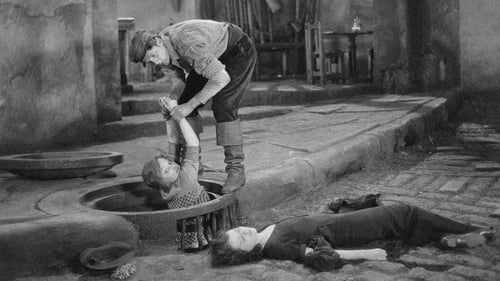
A dejected Parisian sewer worker feels his prayers have been answered when he falls in love with a street waif.

Hackman plays a New York professor who wants a change in his life, and plans to get married to his girlfriend and move to California. His mother understands his need to get away, but warns him that moving so far away could be hard on his father. Just before the wedding, the mother dies. Hackman's sister (who has been disowned by their father for marrying a Jewish man) advises him to live his own life, and not let himself be controlled by their father.
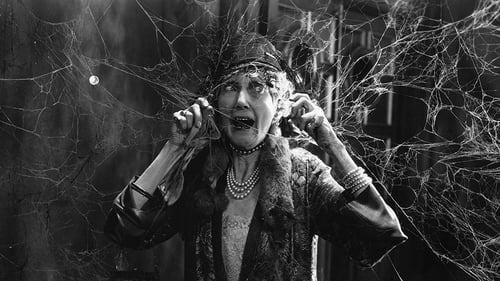
A producer decides to reopen a theater, that had been closed five years previously when one of the actors was murdered during a performance, by staging a production of the same play with the remaining members of the original cast.
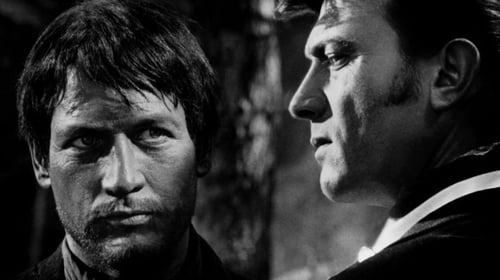
At a disused railway station, three men -- a con artist, a preacher, and a prospector -- discuss the recent trial and sentencing of the outlaw Juan Carrasco for the murder of a man and the rape of his wife. In their recounting, the three explore the conflicting testimonies of the parties involved in the crimes. Disconcerting new questions arise with each different version of the event.
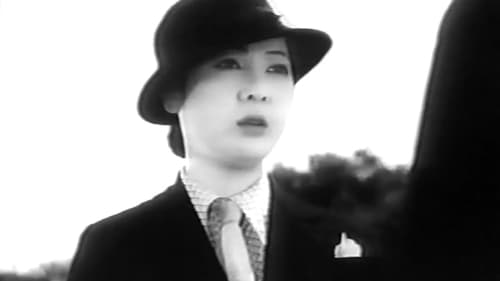
Kimiko, a Tokyo white-collar working girl, lives with her serious, intellectual, haiku-writing mother. Kimiko seeks to marry her boyfriend but needs her absent father to act as the go-between and negotiate the marriage. Kimiko travels and finds her father living with a second family.

